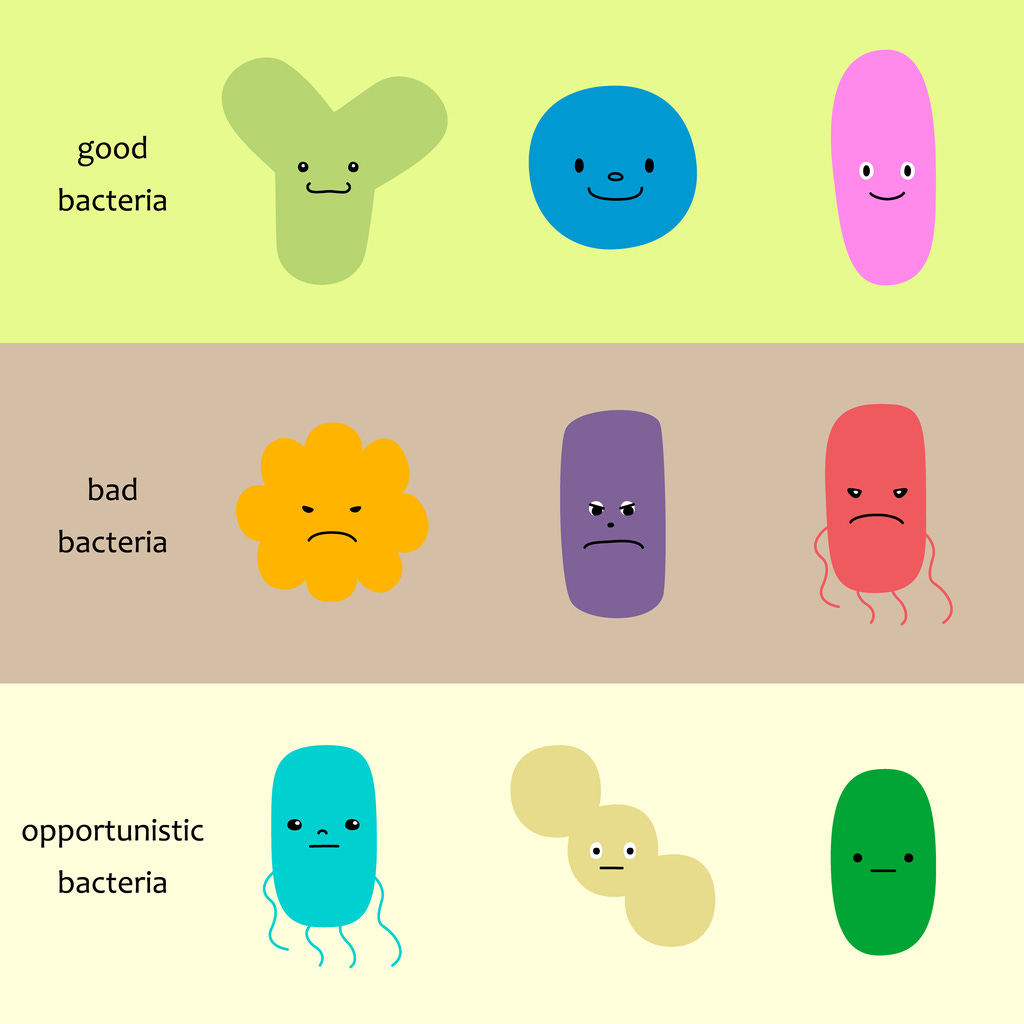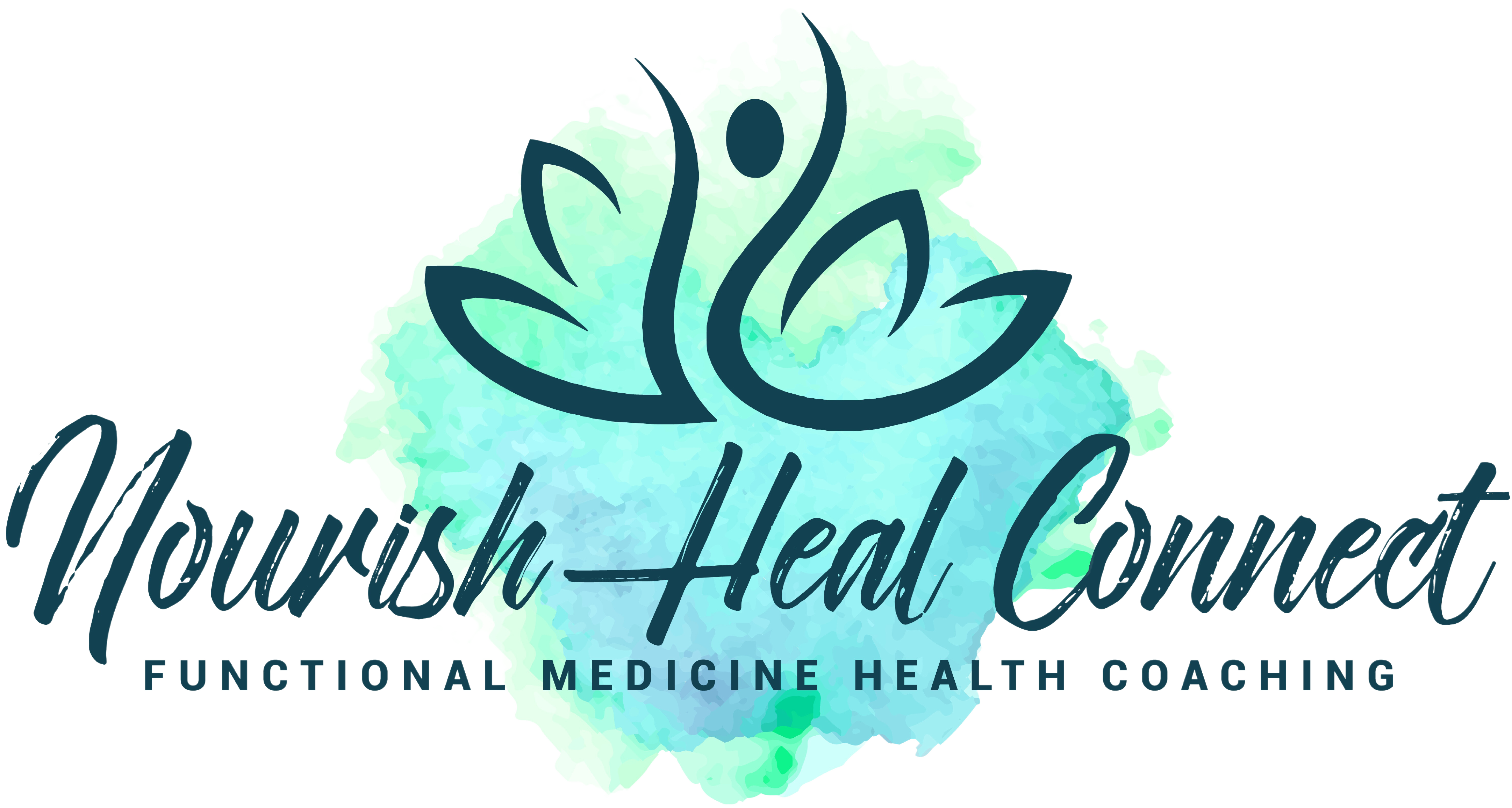How food can be used as medicine and heal you from autoimmune disease
There is a huge debate around whether food has any role to play in preventing or reversing disease.
I think we are looking at this the wrong way. The issue is not whether food can help us or not, the point is what harm could it possibly do to eat healthier foods and lead a healthier life?
Why can’t we all agree that irrespective of the food labeling that we use to describe a way of eating (paleo, keto, vegan, pescaterian), we can all benefit from whole, unprocessed, and nutrient dense foods?
The thing is, there is no one right diet for everyone. We all have unique requirements based on our upbringing, our environment and our lifestyle choices.
When it comes to chronic illnesses, a lot of what is going wrong is almost always associated with food.

Your daily choices programmes your genes
In a way, our lifestyle teaches our genes how to behave.
This is called “epigenetics” and it impacts how your genes are expressed. Food is like a language that connects different cells in our body to some aspect of our outside world.
For example, all of the following influences your gene expression-
–your diet
-your toxic load from your environment
-movement or a lack of it
-stress management
–rest and sleep
–your mindset and feelings
–the strength of your social connections and relationships
and everything that you do on a daily basis have an impact on how your genes get expressed.
As Dr. Mark Hyman has said
“genes are our hardware and epigenetics are like software. Our software is something that can be changed and upgraded, it doesn’t have to be static”
It means that at any age, we have a powerful choice. Our choices send information to our genes based on our environment, diet and lifestyle.
This also helps to explain why our 21st-century environment is leading to a rise in childhood health problems like allergies, asthma, eczema, autism, diabetes and obesity.
Food is the most powerful “drug”
It provides us with energy. Food is also information. It controls almost every function in your body by influencing gene expression and ultimately health creation. It connects with almost everything that matters in your life, to our own bodies, to each other, and to our planet earth.
Food can be harmful and programme your body for disease and pain.
Or, food can be the solution that reverses your symptoms and heal your chronic disease.
There is a lot of research that demonstrates the power of using foods to improve various health conditions.
Whether it is rheumatoid arthritis patients who benefited from eliminating foods such as grains, milk, nuts, beef, and eggs. Or that migraine sufferers could reduce the frequency of migraine attacks by going off certain foods like wheat, oranges, eggs, tea, coffee, chocolate, milk, and corn
In the traditional healing systems like Ayurveda and TCM, food has always played a very important role in reversing symptoms and creating long term health.
The strength of your immune system depends on your gut health
Did you know that more than 70% of your entire immune system resides in your gut?
Your gut health and the strength of your immune system are intricately connected. This means that if you are to heal from your autoimmune condition, you need to start by focusing on improving your gut health.
In a way, the gut is like a tunnel that works as an exchange corridor.
Your gut is actually separate from the rest of the body to protect you from your external environment. It is highly regulated and well guarded. At the same time, in order to ensure that nutrients pass through and can be transported to the rest of your body, your gut lining is also semi permeable.
Any damage to this internal lining can lead to a cascade of health issues.

Feeding your microbiome
In addition, your gut is host to trillions of microbes of several hundred species collectively known as the “microbiome”
These microbes play an important role in maintaining optimal health through various mechanisms. More importantly, it acts as a controller of how the immune system in your gut operates. Moreover, the cells that line the gut wall keep bacteria, undigested or partially digested food and toxins from entering our blood stream.
This selectively permeable gut lining only allows digested food particles to enter the body under normal circumstances.
Our immune system protects this exchange corridor along with our gut microbes. This is in fact a symbiotic relationship.
For instance, we feed and nourish our microbiome and they keep us healthy in various ways such as
- breaking down complex carbohydrates
- producing short chain fatty acids which are necessary for regulating immune function, maintaining integrity of our gut lining, healing
- producing vitamins and nutrients like vitamin K, B12 and others
- protecting against pathogens
- training our immune system to differentiate between friend and foe
- supporting detoxification
In other words, your microbiome has a profound effect on your overall health!
A balanced, diverse community of bacteria helps to keep our immune system balanced and not overreact. When this fails to happen, our immune system can become dysregulated. It can start reacting to food that looks a little like a foreign invader or a pathogen.
A good healthy immune system is about balance
We know now that enhanced intestinal permeability (aka leaky gut) is one of the three contributors to autoimmune disease progression.
The other two factors are genetics and a weak and imbalanced immune function. This is part of the disease process where we deal with an over-reactive or a hyper vigilant immune system. This leads to ongoing, chronic and rampant inflammation making it difficult to turn off this pro-inflammatory process.
I have written about this in details in this post.
Any imbalances can cause pathogenic and opportunistic bacteria and fungi to take over.
As a result, this can cause chronic inflammation and intestinal permeability and eventually lead to chronic illnesses like an autoimmune disease.
However, if we treat “food as medicine” we can change the way our genes are stimulated and respond, thus creating health through changes in our biological functioning.
Just like disease usually begins in the gut, resilient health also begins in the gut.
Making sure that you are avoiding chemical laden, nutrient poor and calorie dense foods is one of the most important steps that you can take to support your immune health.
Even then, we know that there is no one “right” diet for everyone. We need to customise our diet based on our individual requirements, lifestyle choices and health situation
In the words of Ann Wigmore,
“The food you eat can either be the safest and most powerful form of medicine, or the slowest form of poison”
Research
Nutrition Interventions in Rheumatoid Arthritis: The Potential Use of Plant-Based Diets. A Review
“AUTOIMMUNE DISEASE 101”
A carefully curated and comprehensive collection of carefully selected books, podcasts, websites, blogs, and other resources from the field of Functional Medicine with a focus on autoimmune diseases

If have been looking to get ANSWERS to questions like
-Why do I have this disease?
-Will I get any better?
-Can anyone help me? Nothing is working
-Is there any hope for me to get my life back?
-I am still waiting for a diagnosis, which direction do I need to move towards?
then this GUIDE would a game changer for you!
“Autoimmune Disease 101” is a carefully curated and comprehensive collection of carefully selected books, podcasts, websites, blogs, and other resources from the field of Functional Medicine with a focus on autoimmune diseases.
The Functional Medicine model of care for chronic diseases seeks to answer the question “Why do you have this disease” so that you can get personalised and effective care for your unique condition.

I love this blog post! I agree wholeheartedly that the food we eat is so important to how we feel. While it may not prevent all diseases, what we eat can definitely harm us. This point is so powerful and I am glad you write about it.